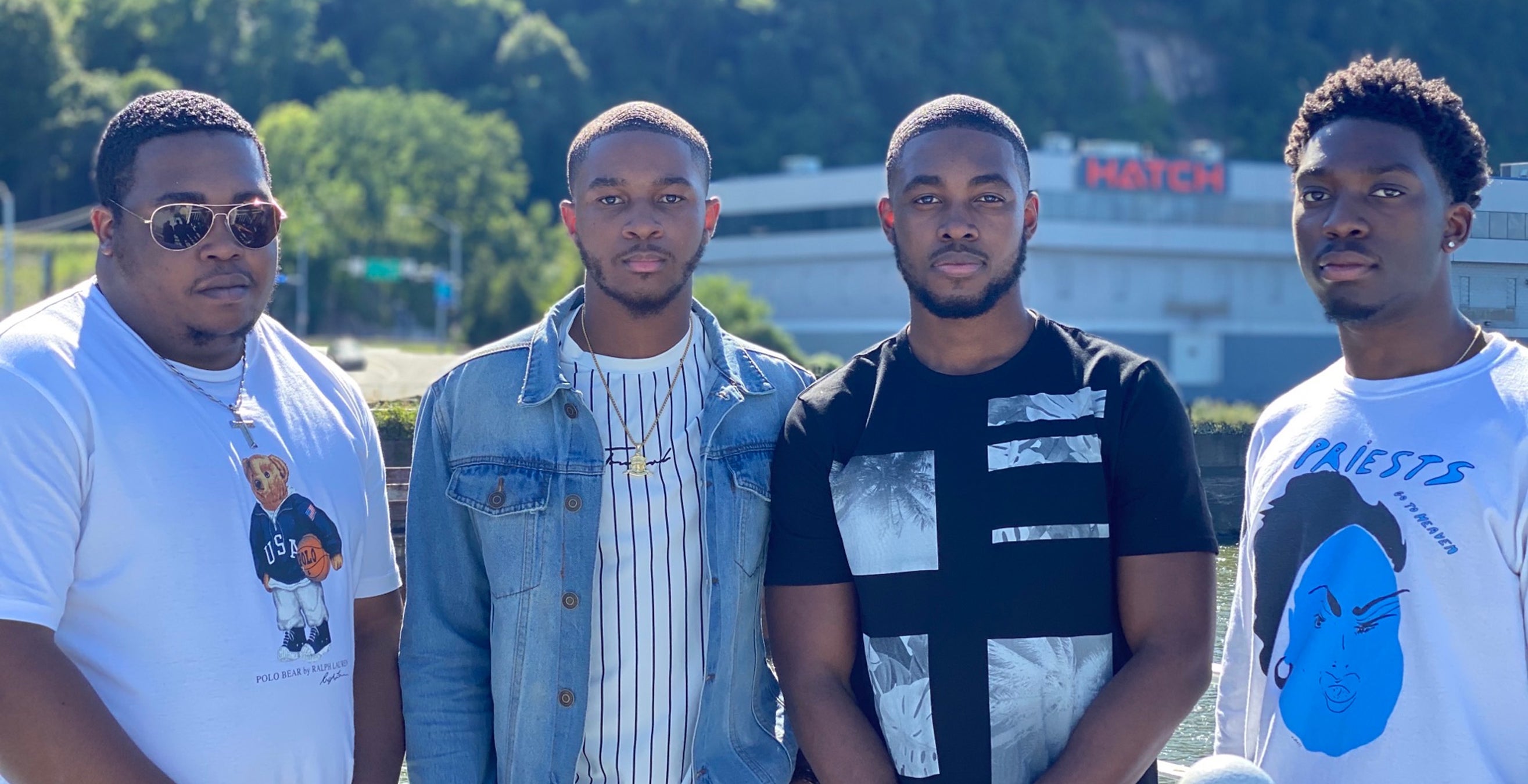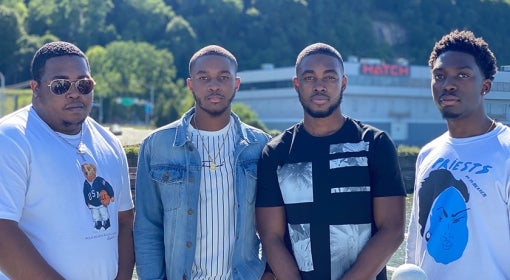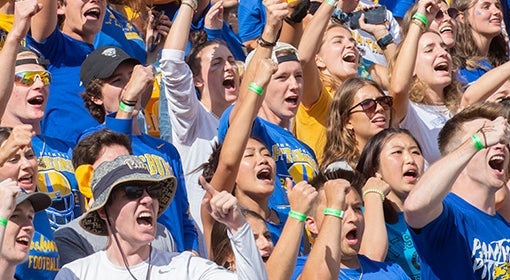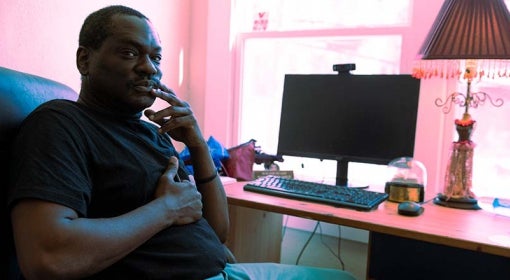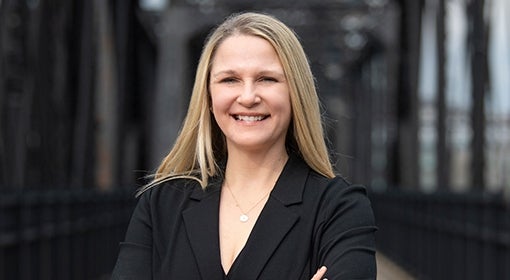When Rashaan Brooks Jr. walked across the stage to receive his high school diploma in 2017, three of his best friends joined him in step.
At least, that’s what it felt like.
The four young men had been at each other’s side for the past four years, in person and in spirit, supporting and pushing each other forward. Their individual triumphs and tribulations were always felt collectively.
With high school accomplished, they would soon be off to college. Brooks, Maurice Scott and Gary Williams had all earned spots at Pitt; Rayshawn Johnson was destined for Yale University. Over the coming years, their bond would become even stronger, more crucial. It would help propel and sustain them.
It all began in ninth grade. They had just left middle school, where they first met, and started at J.R. Masterman High School, a highly selective magnate institution in Philadelphia. The curriculum was challenging right off the bat but even as they buried their heads in the books, they noticed that they were four of only seven Black males in their class of more than 100 students.
They began chatting online every evening. The sessions became like “home base,” says Brooks, a way to talk about school, basketball and girls — but also their anxieties and challenges. They came from different neighborhoods with different interests and varying levels of family support, but they all shared a drive to succeed.
One night, the high schoolers decided their group needed a name. They called themselves The Tribe, inspired by the hip-hop group A Tribe Called Quest.
“We became soulmates,” Brooks says of his friends. “They know me better than my parents.”
As they studied and hung out together, their conversations would often bleed into the complex racial and social dynamics of growing up Black and in a big city. As they advanced, some of their neighborhood friends — many of whom were attending underperforming public schools — struggled with inequality, drugs and violence.
It’s an issue many have identified as a nationwide concern. Data cited by the National Center for Education Statistics found that Black men are more likely to drop out of high school than their white counterparts and that Black male students are half as likely as white male students to earn a bachelor's degree in six years. The causes of this achievement gap are deeply rooted and varied but include a sense of isolation and lack of support that some young Black men experience as they work through their academic careers.
The Tribe became a buffer against the statistics. Their group created a place to connect and be real, to share feelings and receive encouragement. It would help its members beat the odds.
After conquering their rigorous high school experience, The Tribe wasn’t done. As Johnson headed to Yale, Brooks, Scott and Williams proceeded together to Pitt, drawn to the Pittsburgh campus by scholarship offers and the quality of the University’s programs.
Scott studied marketing, Williams took on psychology and Brooks dove into health and rehabilitation sciences with the aim of becoming a physical therapist. They each connected with leadership opportunities and found a particular sense of belonging and inspiration by joining Pitt’s Black Action Society.
The Tribe’s support network became especially important in 2020, when the four endured not only the beginning of the COVID-19 pandemic but also a summer of social and racial turmoil ignited by the murder of George Floyd. The private conversations they had shared about inequality and systematic oppression were more relevant than ever and now being held by the men in more public forums — with other friends and while engaging in activism. Being there for each other gave them the fortitude to keep going.
“We were able to talk freely, and kind of release our emotions. We always had a group to come to,” Williams says.
In 2021, The Tribe was together again when they graduated — if only figuratively. They are now living the bright futures they had once dreamed in high school over late-night messages.
Brooks is earning a master’s degree in clinical exercise physiology at Pitt and will attend a physical therapy doctoral program next year. Johnson is teaching reading comprehension to seventh graders in New York City. The other two members are back in Philadelphia — Scott is serving as a consumer insights coordinator of a marketing consultancy and Williams is a research analyst for a market research company.
“We still have our text group chats and we talk almost every day,” says Scott.
“That will never change,” confirms Brooks.
They are grateful for The Tribe and what the group provided them. Everyone is different and they aren’t perfect, they note separately. But they feel strongly that creating positive peer experiences can make a big difference.
“We know how your environment can impact you,” says Williams. “We know the obstacles Black males face and we definitely recognize the significance of what we have done and will continue to do.”
Whatever comes next for The Tribe, they plan to walk those paths together.
Cover image: From left, Maurice Scott, Rashaan Brooks Jr., Gary Williams and Rayshawn Johnson
This story was posted on April 29, 2022. It is part of Pitt Magazine's Spring 2022 issue.

